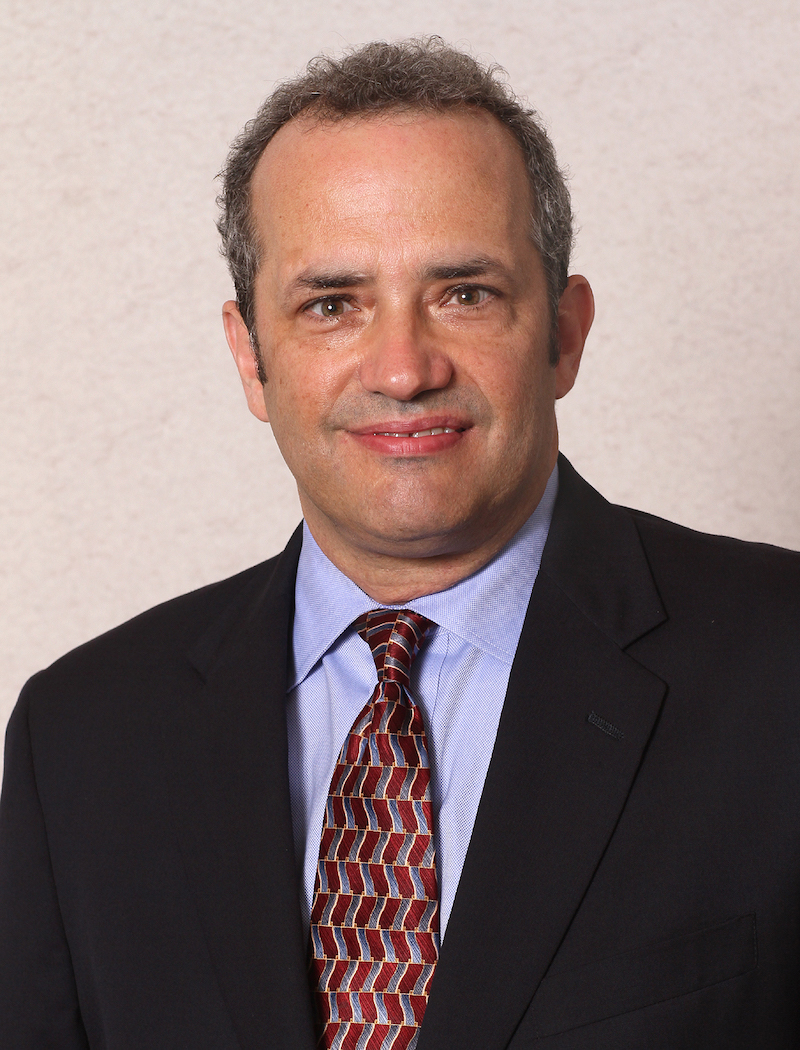Making a Determination of Intellectual Disability:
The Right, The Wrong, and The Ugly
Fall Workshop 2017
Friday, November 10, 2017
Canadinns Polo Park
(1405 St. Matthews Ave.)

Marc Tasse
Director, Nisonger Center
Professor of Psychology and Psychiatry
The Ohio State University
Presenter
Marc J. Tassé, PhD is the Director of The Ohio State University Nisonger Center, a University Center for Excellence in Developmental Disabilities and a Professor in the Departments of Psychology and Psychiatry. He is also a licensed psychologist. Marc has more than 25 years of experience in conducting research and providing clinical services in the field of intellectual disability (ID), autism spectrum disorder (ASD), and other related neurodevelopmental disabilities (DD). He has been a PI/co-PI on more than a dozen grant-funded projects, including funding from federal, state, foundations and other sources. His publications include more than 130 articles in peer-reviewed journals, book chapters, and books in the area of intellectual and developmental disabilities. He also has co-authored several published standardized tests, including scales assessing adaptive behavior, problem behavior, and support needs. He is the senior author of the Diagnostic Adaptive Behavior Scale, which is expected to be published in Fall of 2017. He has given 240+ scientific and professional presentations related to ID, ASD, and related neurodevelopmental disabilities. Marc is a Fellow of the American Association on Intellectual and Developmental Disabilities (AAIDD), American Psychological Association (APA), and International Association for the Scientific Study of Intellectual and Developmental Disabilities (IASSIDD). He also consults and testifies in capital cases involving the determination of intellectual disability. Marc is a Past-President of the American Association on Intellectual and Developmental Disabilities.
synopsis
Making a determination of intellectual disability almost always involves “high stakes” situations. Whether it is being made in the context of special education placement or classroom accommodations, determination of eligibility for disability services or benefits, paid community supports, supported employment, supplemental benefits or income, or as a mitigating factor in a criminal justice case. Provincial governments generally set policy and criteria for determining who has intellectual disability and these policies largely rest on criteria laid out in the Diagnostic and Statistical Manual for Mental Disorders (see DSM-5) and the American Association on Intellectual and Developmental Disabilities (AAIDD). We will review in this full-day workshop the diagnostic criteria and process as well as the best practices around the rigorous assessment and evaluation of intellectual functioning, adaptive behavior (including Conceptual, Social, and Practical Skills), and age of onset. We will review the current trends and issues as they relate to the DSM-5 and AAIDD criteria for diagnosing intellectual disability. The presenter will briefly review and discuss implications for school settings, DD/community/social services, and forensic settings.
learning objectives
By the end of this day of training, participants will be able to:
- recall with specific details the diagnostic criteria for intellectual disability;
- identify the recent changes in the DSM as they relate to the diagnosis of intellectual disability;
- recall the properties of standardized assessment instruments that are considered “gold standard” for the assessment of intellectual functioning and adaptive behavior;
- identify the importance of having multiple sources of information, and identify the potential sources for critical collateral information needed, in the evaluation of adaptive behavior;
- assess for potential bias in effort of the assessed person as well as informant bias during their evaluation.
Course Schedule
8:00 – Registration & Breakfast
9:00 – Workshop begins
10:30 – Break
12:00 – Luncheon (served on-site)
13:00 – Workshop continues
14:30 – Break
16:00 – Concluding remarks
